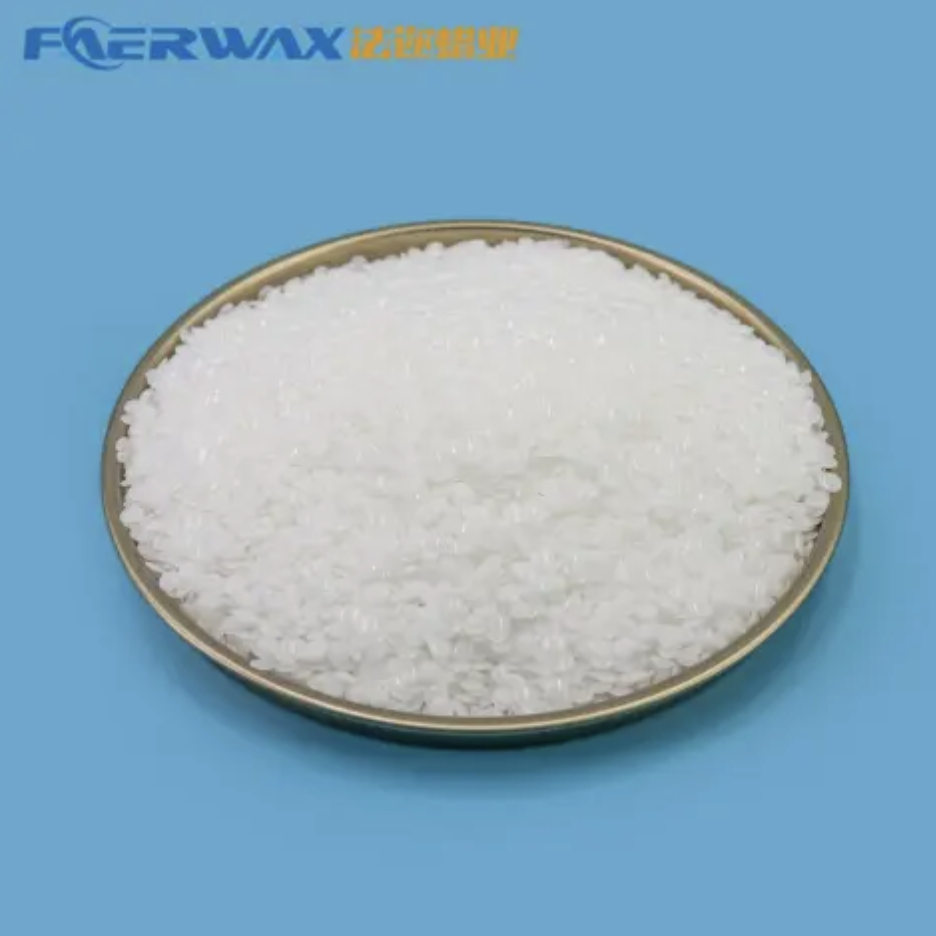Manufacturing relies on a wide variety of chemicals and materials to efficiently create high-quality products. Polyethylene waxes and PVC stabilizers are two ingredients that play a key role in many manufacturing processes. These chemistries enable manufacturers to enhance the properties of various materials, ensuring durability, stability and performance. In this blog, we will delve into the properties and applications of polyethylene waxes and PVC stabilizers, revealing their significant contributions to the manufacturing industry.
Polyethylene wax is a versatile synthetic material that is widely used as an additive in several industries. Derived from the polymerization of ethylene, this wax has a range of desirable properties that make it an ideal ingredient for a variety of manufacturing applications. Some of the notable properties of polyethylene waxes include low viscosity, lubricity, water resistance, and excellent stability under extreme temperature conditions.
Polyethylene wax application:
1. Plastic industry: Polyethylene wax plays the role of lubricant, release agent and processing aid in the plastic industry. It minimizes friction during the manufacturing process, reduces wear and tear on equipment, and ensures a smooth surface finish on the final plastic product.
2. Coatings and inks: Due to the low viscosity of polyethylene wax, it can enhance the fluidity and leveling of coatings and inks. It acts as a dispersant, improving the dispersion of pigments and fillers, ensuring consistent color distribution and enhancing gloss.
3. Adhesives: Polyethylene wax plays a vital role in adhesive formulations to improve tack, flexibility and mechanical stability. It also increases the heat resistance of the adhesive, making it suitable for high temperature applications.
Learn about PVC stabilizers:
PVC stabilizers are important additives used in the production of polyvinyl chloride (PVC), a widely used thermoplastic material. These stabilizers prevent PVC from degrading during heat exposure and provide durability, flexibility and weather resistance. Additionally, PVC stabilizers enhance the processing characteristics of PVC, allowing manufacturers to efficiently mold and shape the material.
Application of PVC stabilizer:
1. Construction industry: PVC stabilizers can ensure the service life and structural stability of PVC-based products widely used in the construction field, such as pipes, windows and doors. They protect PVC from the adverse effects of UV radiation, heat and weathering, thereby extending the life of the material.
2. Healthcare industry: PVC stabilizers are crucial in medical applications, especially for the production of flexible PVC products such as intravenous infusion bags, tubing and medical devices. Stabilizers maintain the physical properties of PVC, ensuring its compatibility with various medical environments and reducing the risk of leaching of hazardous substances.
3. Electrical and electronic industry: PVC stabilizers are commonly used in various electrical and electronic components, such as cables, wires and insulating materials. These stabilizers enhance the fire resistance, electrical insulation and overall performance of PVC-based products.
As we explore the wide range of applications for polyethylene waxes and PVC stabilizers, it becomes clear that these additives are critical to manufacturing. Their versatility, stability and functional properties contribute to high-quality products in various fields. Continuous research and development in the field of polyethylene waxes and PVC stabilizers will further expand their range of applications and contribute to innovation in the manufacturing industry. Whether increasing process efficiency, improving product performance or ensuring durability, polyethylene waxes and PVC stabilizers continue to play a key role in shaping the modern manufacturing landscape.
Post time: Aug-22-2023


